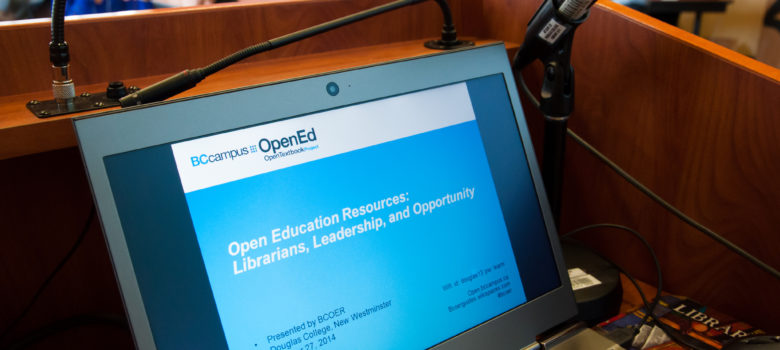My series on Canadian copyright, fair dealing, and education has explored spending and revenue data at universities and publishers, explained the diminishing value of the Access Copyright licence, and conducted a detailed analysis of site licensing on Canadian campuses which demonstrates the foundation for accessing works are the site licences that offer greater flexibility and value than the Access Copyright licence. The series has also shown how some of the publishers who have been most critical of fair dealing are also the ones that have benefited the most from licensing their e-books to educational institutions.
As the Standing Committee on Industry, Science and Technology considers recommendations on fair dealing, the record is clear: Access Copyright distributions have declined, but the collective is hardly the only game in town. With increased copyright spending, new sources of revenue for publishers and authors, and greater flexibility for education, proposals to limit fair dealing for education are unnecessary and would be harmful to students and teachers. What the review has illustrated is that the problem lies not with fair dealing for education, but rather with the challenges of fully adapting fair dealing and educational access to the digital world. Those challenges point to four main areas for reform or policy initiatives.
First, there is a need to fix fair dealing by ensuring that it is not hamstrung in the digital environment. The Canadian test for fairness is consistent with those found in other countries, but there are barriers that exist for fair dealing in the digital world that are not found in the analog one. The most obvious example are Canada’s digital lock rules, which exceed the requirements at international law in the WIPO Internet treaties. As many warned five years ago, Canada has created a system that allows for unnecessarily restrictive limits on digital fair dealing. There is a need to fix this problem by establishing an exception within the anti-circumvention rules to allow for circumvention for any lawful purpose.
Moreover, the fair dealing purposes should be expanded, ideally by adopting a “such as” approach to its list of enumerated purposes that would ensure the law remains relevant in the face of new innovation. Alternatively, given Canada’s prioritization of artificial intelligence, there is a need for a fair dealing exception for text and data mining similar to that found in many other countries.
There is also a need to ensure that contracts cannot be used to override fair dealing rights. This is particularly important given the millions of dollars being spent by Canadians for site licensing with giant foreign multinational publishers. Those negotiations are difficult and a robust fair dealing provision not easily sidelined by contract would help Canadian educational institutions negotiate a fair deal with global giants.
Second, there is a need for greater transparency within the copyright system. MPs have regularly asked for data from stakeholders on all sides that is typically not available. Educational institutions have begun to implement open data initiatives – the University of Alberta is an excellent example – so that everyone can see precisely how much is being spent on subscriptions and copyrights. The copyright collectives and publishers are far less transparent, with limited information on distributions from collectives and publishers loath to disclose alternate copyright royalties from site licensing. Mandating greater transparency would improve policy making and ensure that both creators and users have better insights into where the money is going.
Third, the government should increase its emphasis on open access and open educational resources. In the case of open access, the public has already paid for the creation of research at least once (sometimes twice) and should not pay a third time. Ensuring open access for research publications reduces costs, gives taxpayers a better return on their investment, and clearly addresses any concerns about copyright payments for use. Open educational resources, which has been embraced by provincial governments, offers greater flexibility for education and an alternate model for payments for creators. Rather than relying on royalties based on the number of books or licenses sold, funded OERs fully compensate creators at the time of creation. The Ontario and B.C. investments in OERs should be adopted federally and in other provinces, consistent with recommendations from the Finance committee last year.
Fourth, the government should ensure that current programs that support publishers and authors function equally well in the digital environment, which correspondents note, would be consistent with the updating of the public lending right to e-books that recently occurred. The Canada Council conducted a study on the issue in 2011. The government should also consider programs to support digitization of books so that publishers can offer digital versions of their full backlists. The data indicates that educational institutions subscribe to the majority of books offered in electronic form by Canadian publishers. The government could support expanding the availability of e-books and should consider linking current publishing assistance to the inclusion of an e-book option.







